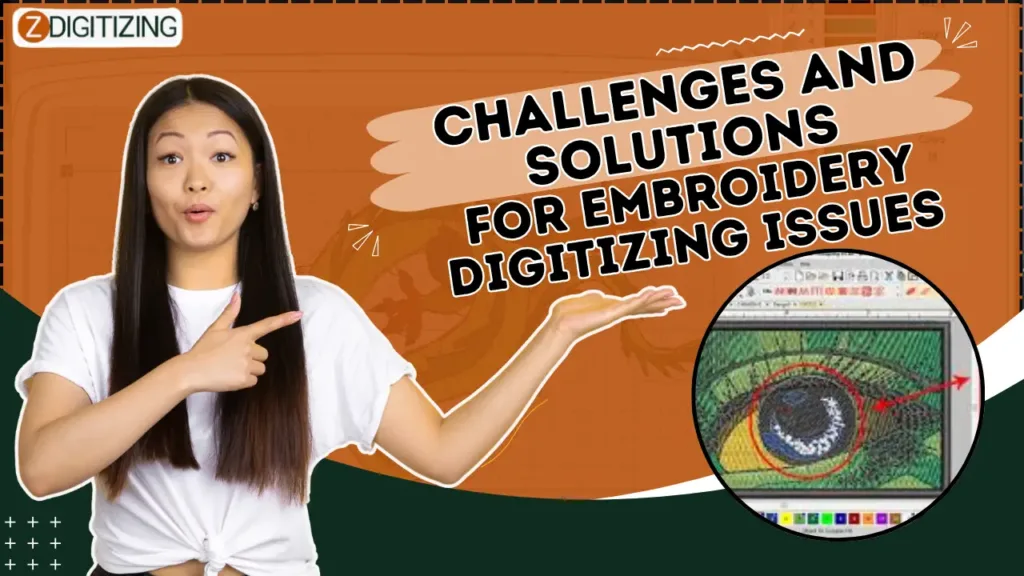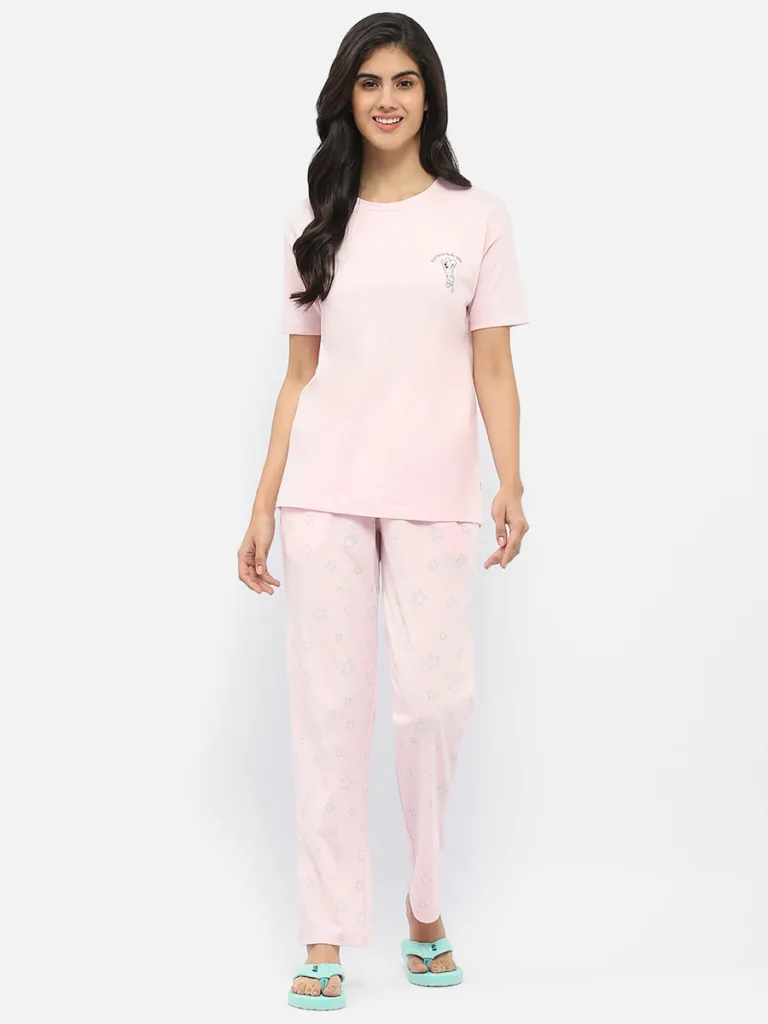The Need for Agility in Fashion Marketing
In the dynamic world of fashion marketing, where trends emerge and evolve at lightning speed, agility is not just a desirable trait but a critical necessity for success. Brands and marketers must navigate a landscape where consumer preferences shift rapidly, digital platforms redefine engagement, and sustainability concerns reshape industry norms. Visit now https://ericemanuelclothing.shop/eric-emanuel-shorts/ we explore why agility is the cornerstone of effective fashion marketing strategies today and how brands can harness it to stay ahead of the curve.
Fashion is synonymous with change. What is trending today may be outdated tomorrow. This rapid pace of change necessitates agility in every aspect of marketing—from product development to distribution and communication. Consumer behaviors and preferences are influenced by myriad factors, including social media, celebrity endorsements, and cultural movements, making it imperative for brands to quickly adapt their strategies to stay relevant.
Moreover, the digital revolution has transformed the way consumers interact with brands. E-commerce, social media platforms, and influencer marketing have democratized access to fashion, allowing trends to spread globally within seconds. Brands that can respond swiftly to these digital shifts can capitalize on emerging opportunities and connect with their audience in meaningful ways.
Strategies for Agile Fashion Marketing
- Real-Time Data Utilization: In the era of big data, understanding consumer preferences and behavior in real time is key. Brands can leverage analytics tools to gather actionable insights from social media, e-commerce platforms, and customer feedback. By analyzing this data promptly, marketers can identify trends early, optimize marketing campaigns, and personalize customer experiences.
- Flexible Campaign Planning: Agile marketing involves embracing iterative, adaptable campaign strategies. Instead of rigid annual plans, brands can develop flexible frameworks that allow for rapid adjustments based on market feedback and performance metrics. This approach enables brands to capitalize on emerging trends while mitigating risks associated with long-term commitments to outdated strategies.
- Influencer and Collaborative Marketing: Collaborating with influencers and partners can amplify brand visibility and credibility. Agile marketers identify relevant influencers aligned with their brand values and engage them in authentic collaborations that resonate with their target audience. These partnerships can generate buzz around new collections or initiatives, reaching diverse consumer segments quickly and effectively.
- Responsive Customer Engagement: The rise of social media has transformed customer engagement into a dynamic, real-time interaction. Brands that engage proactively with their audience through social platforms can build stronger relationships and foster brand loyalty. Prompt responses to customer inquiries, feedback, and concerns demonstrate attentiveness and reinforce brand trust.
- Sustainability and Ethical Practices: Consumer demand for sustainable and ethically produced fashion is growing. Agile brands integrate sustainability into their core values and practices, responding to evolving consumer expectations. By transparently communicating their sustainability efforts, brands can appeal to conscious consumers and differentiate themselves in a crowded marketplace.
Case Studies in Agile Fashion Marketing
- Zara: Known for its fast fashion model, Zara exemplifies agility in product development and supply chain management. By leveraging consumer data and feedback, Zara can rapidly prototype, produce, and distribute trend-responsive collections, maintaining a competitive edge in the fast-paced fashion industry.
- Nike: Nike’s “Just Do It” campaign is a testament to agile marketing. The brand consistently adapts its messaging to reflect cultural movements and social issues, resonating with diverse global audiences while maintaining brand authenticity and relevance.
- Adidas: Adidas partnered with Kanye West to launch the Yeezy sneaker line, leveraging the rapper’s influence to create hype and exclusivity around the brand. This collaboration illustrates how agile marketing can harness cultural trends and influencer partnerships to drive sales and brand affinity.
Challenges and Future Trends
While agility offers significant advantages, implementing agile strategies in fashion marketing comes with challenges. These include maintaining brand consistency across rapidly evolving campaigns, managing data privacy concerns, and balancing short-term agility with long-term brand strategy. Check it now https://essentialsfogclothing.store/
Looking ahead, the future of fashion marketing will likely be shaped by advancements in technology, such as artificial intelligence and augmented reality, which will further personalize the consumer experience and redefine engagement strategies. Additionally, as sustainability continues to influence consumer preferences, agile brands will need to innovate and adopt eco-friendly practices to remain competitive.
Conclusion
Agility is not just a buzzword but a fundamental principle that defines success in fashion marketing today. Brands that embrace agility can navigate the complexities of the fashion landscape, seize opportunities, and respond to challenges with speed and precision. By leveraging real-time data, fostering flexible campaign strategies, and engaging authentically with consumers, agile marketers can drive growth, build brand loyalty, and stay ahead in an ever-evolving industry. As the pace of change accelerates, agility remains the cornerstone of effective fashion marketing strategies, ensuring brands not only survive but thrive in the competitive global marketplace.



